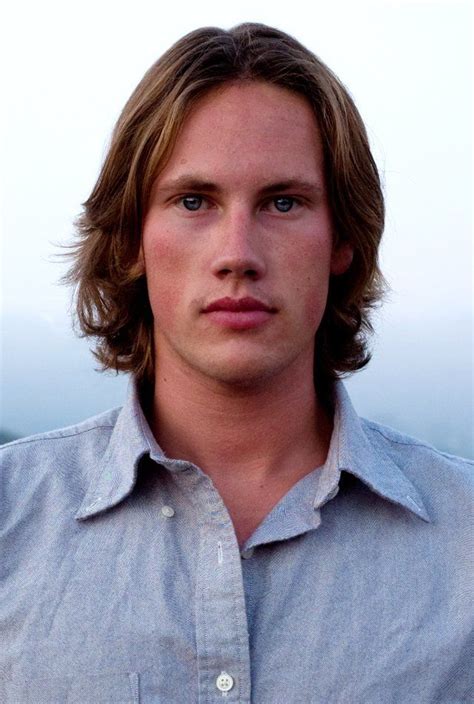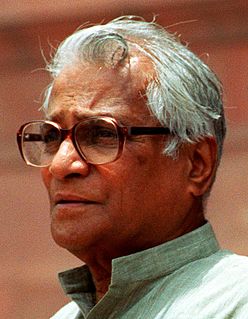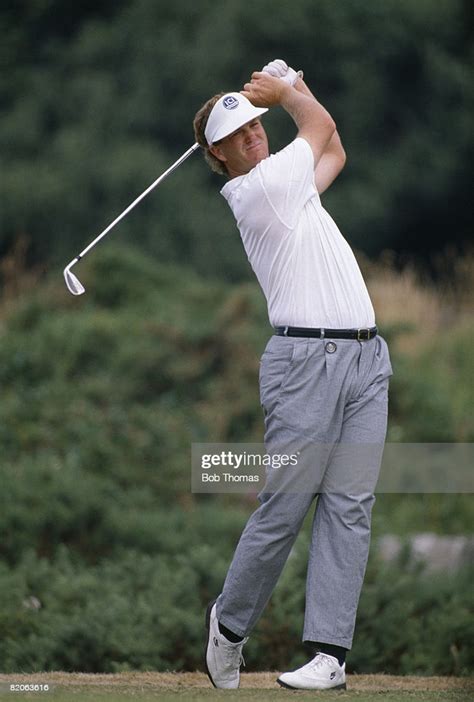A Quote by Lauren Kate
The past is important for all the information and wisdom it holds. But you can get lost in it. You've got to learn to keep the knowledge of the past with you as you pursue the present.
Related Quotes
We learn in the past, but we are not the result of that. We suffered in the past, loved in the past, cried and laughed in the past, but that's of no use to the present. The present has its challenges, its good and bad side. We can neither blame nor be grateful to the past for what is happening now. Each new experience of love has nothing whatsoever to do with past experiences. It's always new.
But the past does not exist independently from the present. Indeed, the past is only past because there is a present, just as I can point to something over there only because I am here. But nothing is inherently over there or here. In that sense, the past has no content. The past - or more accurately, pastness - is a position. Thus, in no way can we identify the past as past
To dwell in the here and now does not mean you never think about the past or responsibly plan for the future. The idea is simply not to allow yourself to get lost in regrets about the past or worries about the future. If you are firmly grounded in the present moment, the past can be an object of inquiry, the object of your mindfulness and concentration. You can attain many insights by looking into the past. But you are still grounded in the present moment.
It has been the resolution of mankind in all ages of the world. No people, no age, ever threw away the fruits of past wisdom, or the enjoyment of present blessings, for visionary schemes of ideal perfection. It is the knowledge of the past, the actual infliction of the present, that has produced all changes, all innovations, and all improvements - not (as is pretended) the chimerical anticipation of possible advantages, but the intolerable pressure of long-established, notorious, aggravated, and growing abuses.
You have to keep being curious. The notion that the present is different than the past, and the future will be different than the present, and the present is past, as we say it. I think I, by nature, am an optimist. Maybe I was driven to escape from my childhood and to be something, create my own world or career the way I wanted it to be. And I keep doing that in very interesting ways.
Whoever controls the image and information of the past determines what and how future generations will think; whoever controls the information and images of the present determines how those same people will view the past." "He who controls the past commands the future. He who commands the future conquers the past.



































